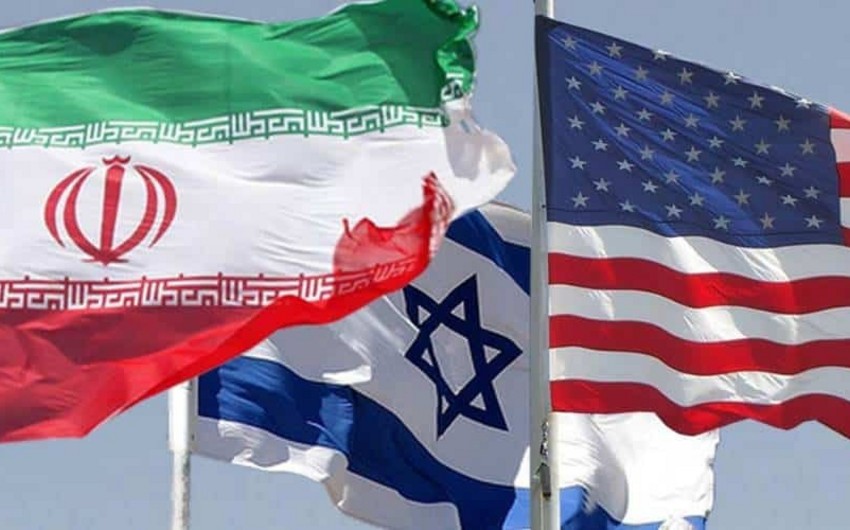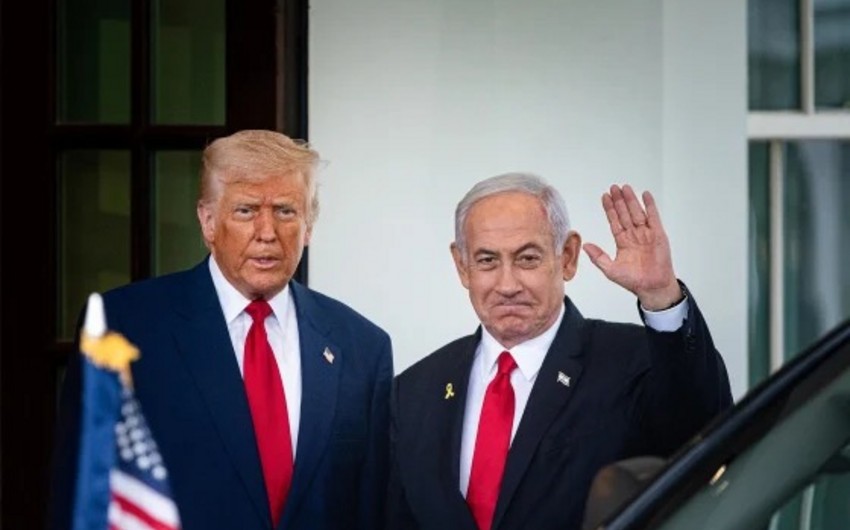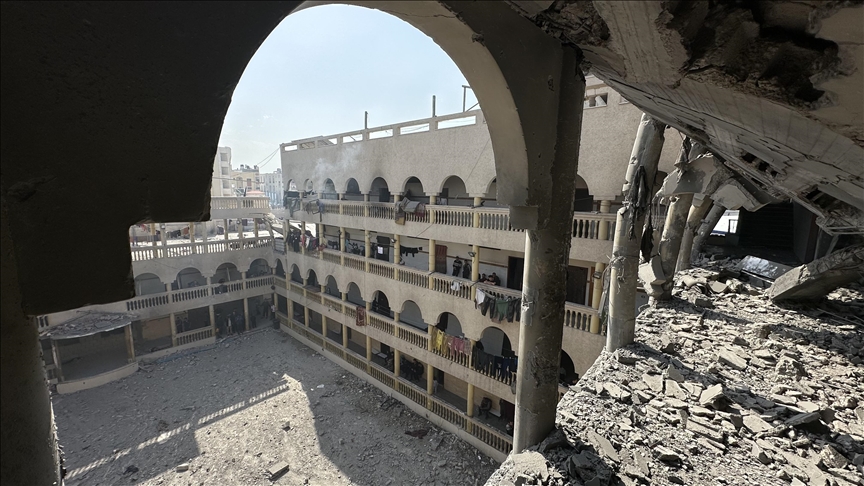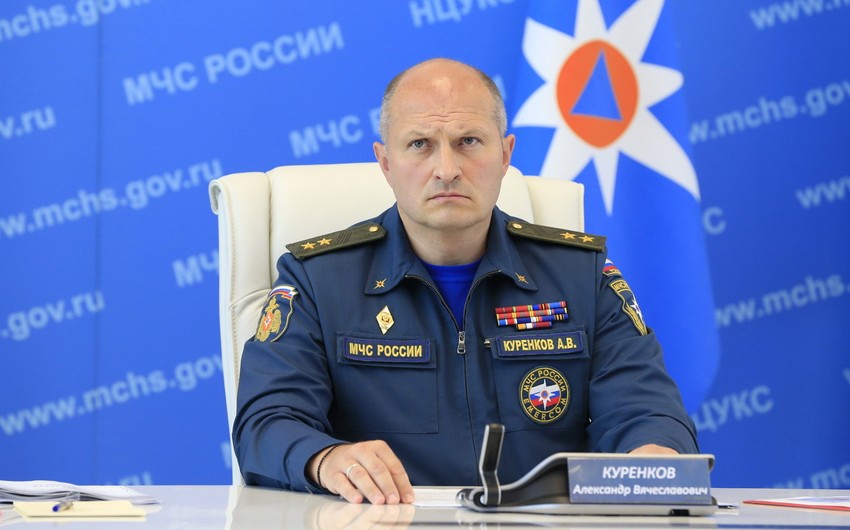In the context of shifting power dynamics in the South Caucasus, a growing security dilemma, and convoluted peace negotiations, Armenia witnesses the return of a deeply rooted but perilous political force — the Dashnaktsutyun Party, or Armenian Revolutionary Federation.
For the peoples of the region, this name signifies far more than just a political organization. It stands as a symbol of armed struggle, ethnic cleansing, and pan-Armenian separatism — a legacy that has left deep scars in history.
Following the 44-day war in 2020, Armenian society entered a state of profound psychological shock. Amid a crisis of political legitimacy and internal divisions over national identity, radical forces began to re-emerge. Among them, Dashnaktsutyun is not merely an opposition group, but one of the key ideological mouthpieces of revanchism.
The growing influence of this party poses a threat not only to Armenia’s internal stability, but to the security of the entire South Caucasus.
Dashnaktsutyun’s Ideological Legacy: A Deep Dive into Its Political DNA
Founded in 1890 in Tiflis, the Dashnaktsutyun Party positioned itself from the very beginning not so much as a political platform, but rather as a bearer of a radical nationalist ideology. Its strategic goal has been the realization of the “Greater Armenia” project and the reclamation of “historic Armenian lands” spanning parts of modern-day Turkey, Iran, and the South Caucasus.
The party’s history includes key episodes that have left a controversial legacy:
1905–1915 — The organization of armed uprisings and terrorist acts within the territory of the Ottoman Empire. The party served as the ideological precursor to groups such as ASALA.
1918–1920 — While holding power in the First Republic of Armenia, the party bore responsibility for numerous ethnic cleansing campaigns targeting the Muslim population.
Cold War period — With the active support of the Armenian diaspora in the West, Dashnaktsutyun maintained influence over cultural and social institutions, thereby shaping the ideological environment beyond Armenia’s borders.
The party’s current ideology has undergone little change. At its core remain:
The demand for the return of the “historic Armenian territories”;
The insistence that Turkey recognize and compensate for the genocide;
The rejection of peaceful dialogue with Azerbaijan and the continuation of claims over Nagorno-Karabakh;
Support for the right to self-determination of Armenians in the Georgian region of Javakheti.
The return of Dashnaktsutyun to the political arena is not merely an internal Armenian issue. It is a warning signal for the entire region, where the fragile peace already hangs by a thread.
As the world speaks of dialogue and peace, revanchism is scheming behind the scenes.
Armenia’s defeat in the 44-day war of 2020 led to a deep internal division and a political vacuum in the country. In this context, the Dashnaktsutyun party began to position itself as the sole “national resistance movement” against Pashinyan’s “capitulationist policy.”
The party’s methods and strategy include:
Participating in parliamentary struggle as part of the “Homeland” bloc
Organizing protests in border regions such as Syunik and Tavush with aggressive rhetoric
Framing any attempts at rapprochement with Azerbaijan or Turkey as “betrayal of national interests”
Applying pressure on the Pashinyan government through the Armenian diaspora abroad
The party sends a direct message to its supporters: “We will reclaim lost territories, bringing not peace, but victory.” However, behind this populist rhetoric lies not merely an internal political struggle — it carries a potential threat to the entire region, laying the groundwork for new provocations.
Real Threats to Regional Stability
Undermining the Legitimacy of Peace Negotiations
Dashnaktsutyun portrays the peace agenda based on compromise between Armenia and Azerbaijan as an act of national betrayal. This stance increases pressure on the authorities and risks weakening the political will to continue negotiations, thereby jeopardizing the fragile diplomatic process.
The Javakheti Factor — Risk of Destabilization in Georgia
For many years, the party has attempted to organize the Armenian population in Georgia’s Javakheti region around the idea of “cultural autonomy.” This poses a threat to Georgia’s territorial integrity and could potentially become a new separatist hotspot in the South Caucasus.
Risk of Cross-Border Terrorism
Historically, Dashnaktsutyun has regarded armed struggle as a legitimate political tool. Its ties with paramilitary groups in Lebanon, Syria, and France have not been completely severed. This creates a danger for the entire region, with the potential for informal armed groups to become more active in the South Caucasus in the future.
International Context: Dashnaktsutyun’s Role in the West-Russia Power Play
Dashnaktsutyun stands out for its flexible and multilayered foreign network. The organization maintains ties both with Armenian diasporas in Western countries and ultra-nationalist circles in Russia.
Key aspects of its activities include:
Close cooperation with Armenian lobbies in the US, France, and other Western countries
Acting as a conduit for spreading anti-Pashinyan rhetoric in Russian media and expert circles
Leveraging the confrontation between the West and Russia to legitimize its ideology in the region
This dual strategy allows Dashnaktsutyun to present itself simultaneously as the West’s “democratic opposition” and as Russia’s “security alternative.” However, behind this flexibility lies a serious threat: the organization is becoming a real geopolitical destabilizing factor.
Which Path Will Armenia Choose?
The future of the South Caucasus largely depends on the choice of Armenian society. Dashnaktsutyun’s ideology is not a path toward peace, development, and stability. It is a path toward renewed confrontation, destruction, and isolation.
The strengthening influence of this party poses risks not only for Armenia itself but for the entire region—primarily Azerbaijan, Georgia, and even Turkey.
If the Armenian people truly aspire to a future built on peace, progress, and regional integration, they must step out of the shadow of a radical political past and reject revanchism.
Otherwise, the South Caucasus may once again become a powder keg where the slightest spark could lead to an explosion.
Author: Shahlar Ruhi
Translated into Russian by: Fatima Shukurova









